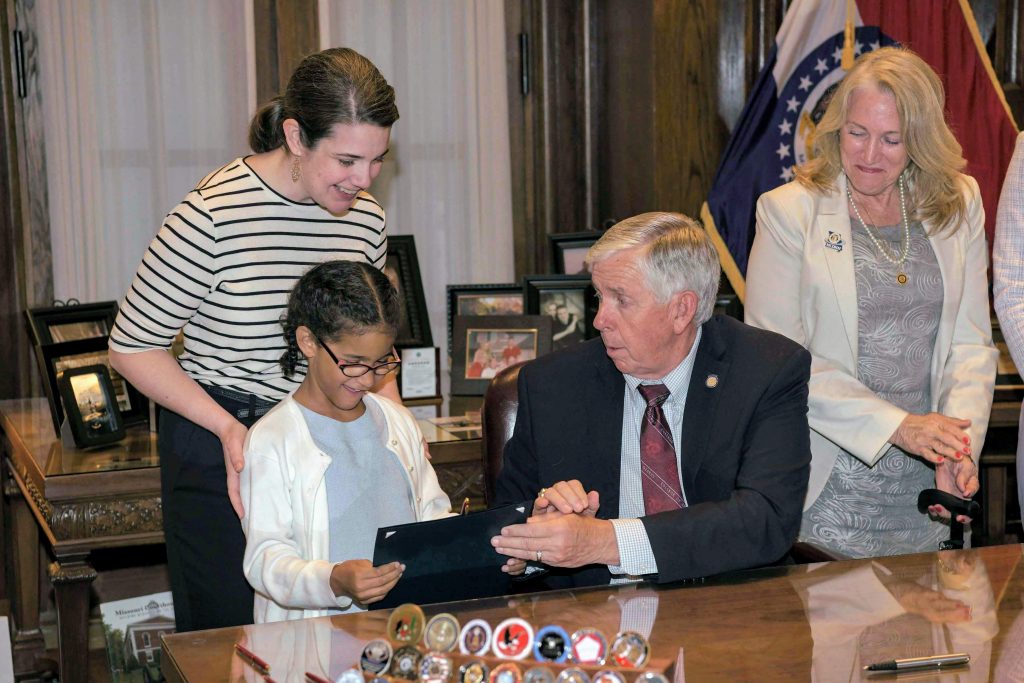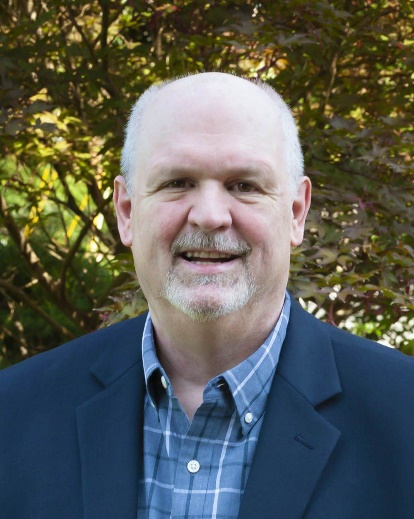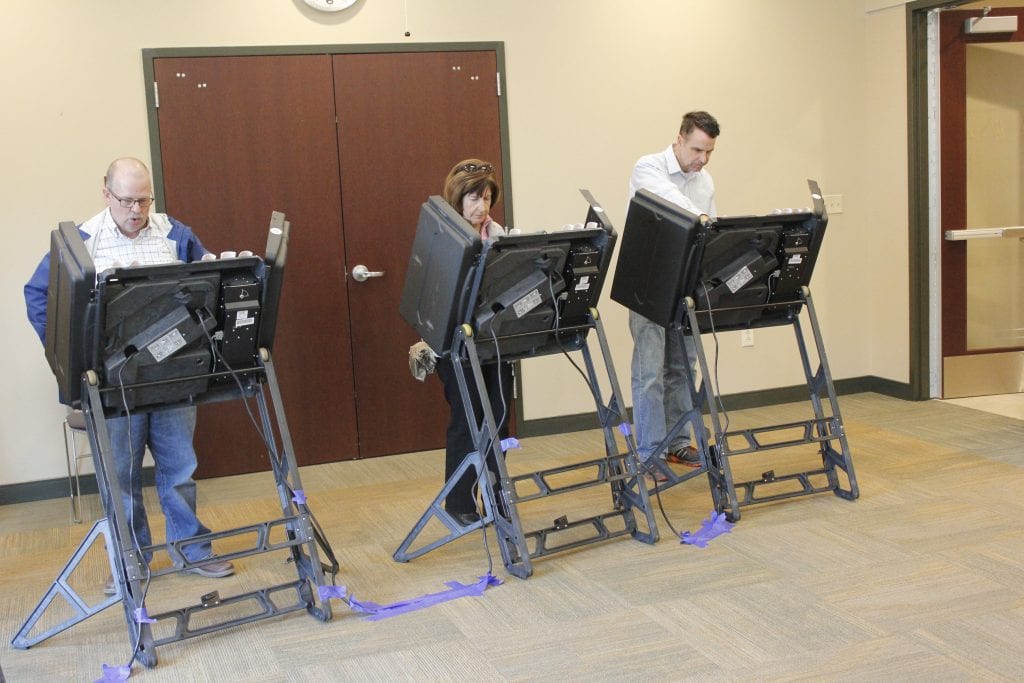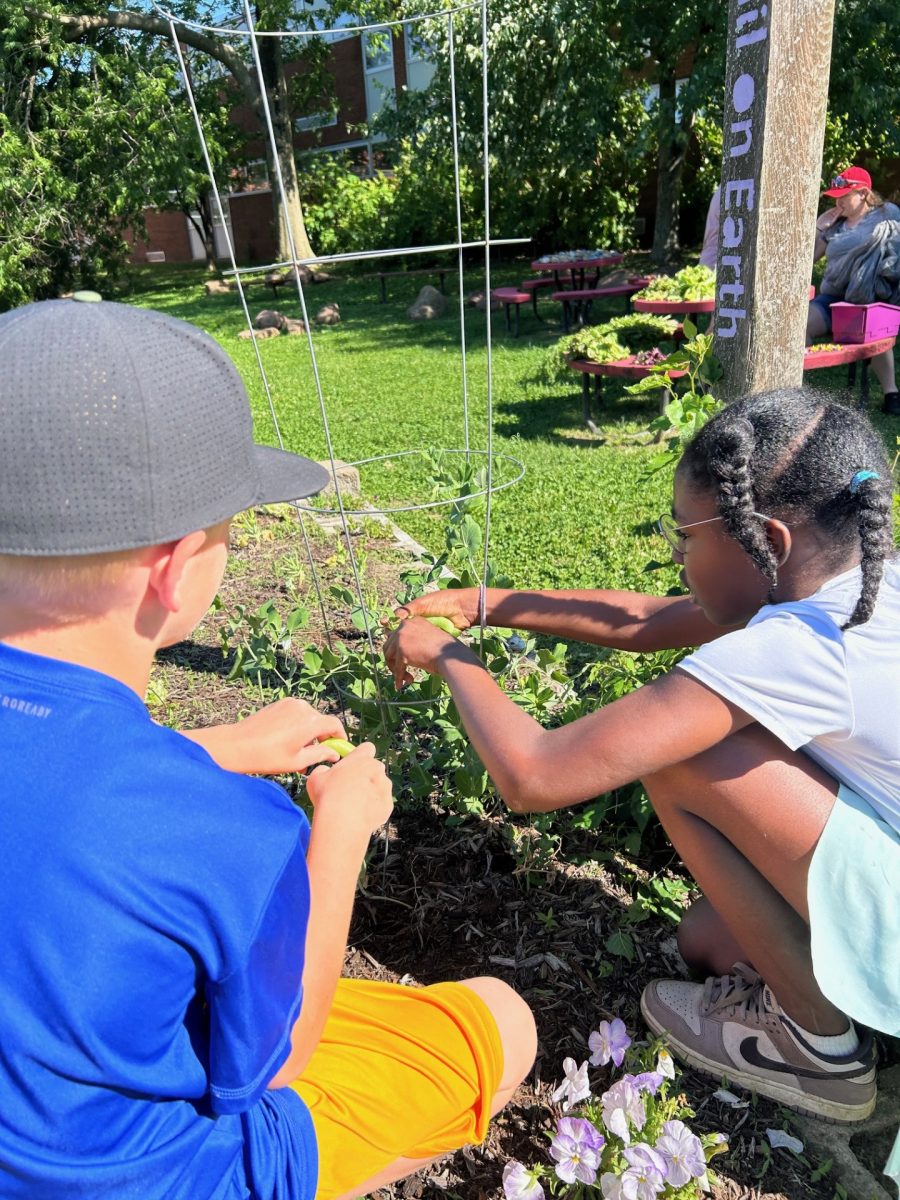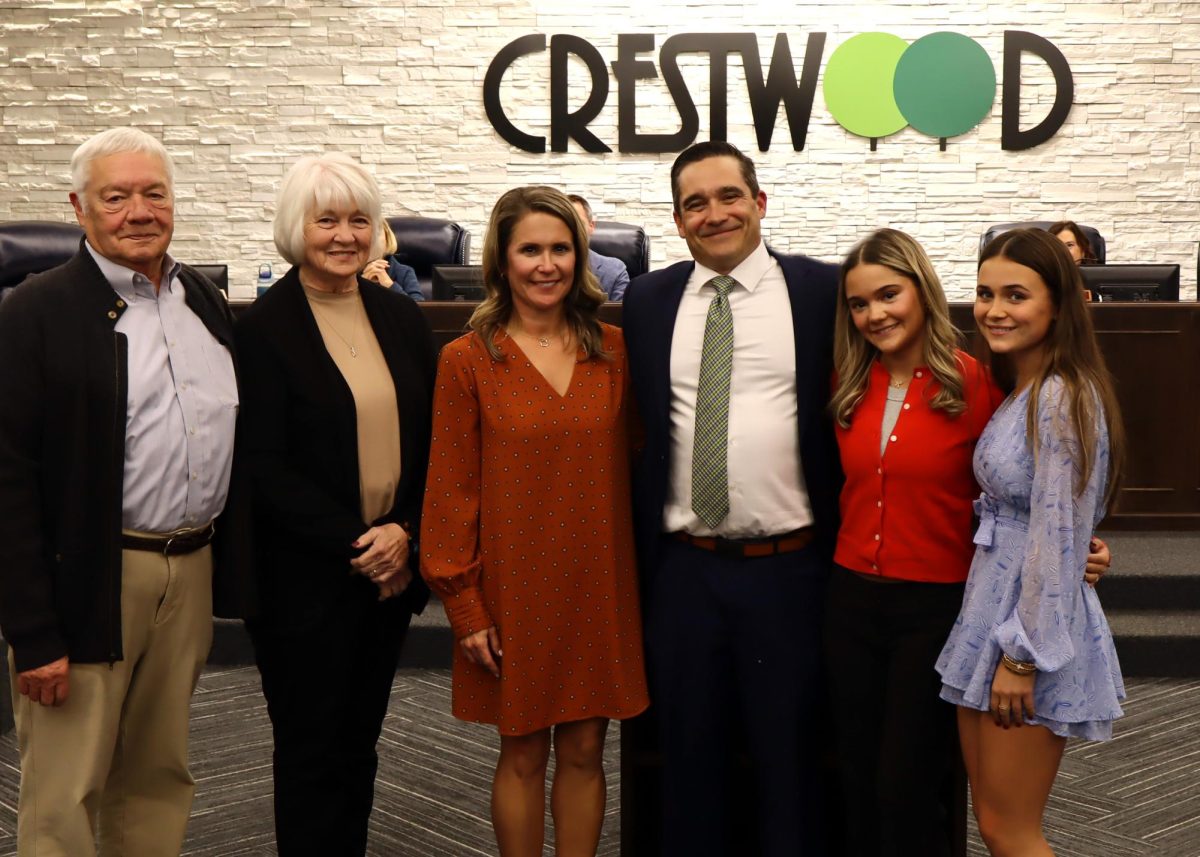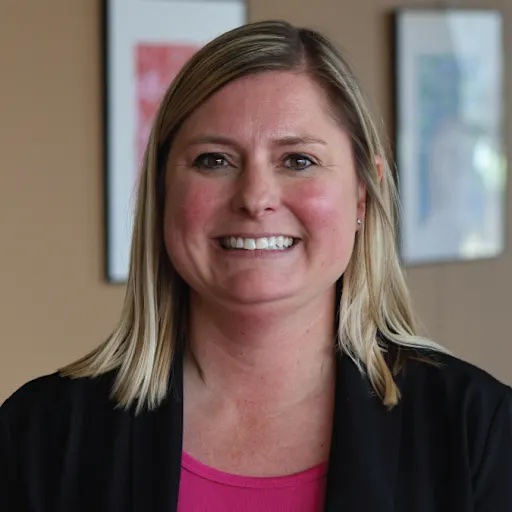JEFFERSON CITY — Tears flowed as survivors of so-called “faith-based youth homes” told stories of abuse and humiliation to Missouri lawmakers last month.
One young man attempted to hang himself with his shoelaces to avoid beatings and punishment.
One woman entered a home weighing 180 pounds and left seven months later weighing 110. Another man described how he was dragged out of his bed with three other boys and beaten by four staff members.
Their stories spanned decades, but the witnesses insisted the actions are mirrored by organizations still in operation today.
Two identical bills proposed in the House — HB 557 and HB 560 by Rep. Rudy Veit, R-Wardsville, and Rep. Keri Ingle, D-Lee’s Summit — would require child care facilities affiliated with a religious organization to disclose their location to the state and submit their staff to background checks.
Missouri is one of two states that require zero oversight for youth homes affiliated with a religion.
“I’ve been overwhelmed by the courage of survivors,” Ingle said after the hearing. “But I’ve also been heartbroken and angry about them repeatedly saying, ‘You know, this is something that has existed for decades. And we’ve tried repeatedly to reach out to legislators or to reach out to advocacy groups, and it’s fallen on deaf ears.’”
Witnesses testified that Missouri’s lack of regulations have made the state a haven for unlicensed youth residential facilities. Parents send children as young as 8 who have behavioral problems or other issues, and those children can stay for years.
“I don’t know how kids haven’t died in your state,” Colton Schrag said.
Schrag attended Agape Boarding School in Stockton. He said he witnessed physical and emotional abuse at the hands of the boarding school, which is still operating.
Schrag said that one Missouri school alone has more than 160 students “that may even be getting restrained as we speak.”
Allen Knoll, who wrote a book about his experience, was moved from a facility in Washington state to Missouri when he was 13.
“I really do believe strongly that we should have a separate state and church, but I also believe in the civil rights of these children,” Knoll said.
He said while there, he was restrained and physically abused.
“The state failed me,” Knoll said. “But I’m still here today, and I’m being that voice. Let’s not let somebody come up here in 10 years and have to say, ‘Why did you fail me?’”
Rep. Mary Elizabeth Coleman, R-Arnold, was moved by the testimony.
“I’m a mother of six, and I have five sons, and I see my son sitting there, and this is very emotional testimony,” Coleman said, holding back tears.
Another witness, Shelva Thomas Jackson, said she sent her son to Masters Ranch in Couch out of desperation and concern. The Ranch is still operating.
Thomas testified that she saw the abuse for herself when she went to visit the Ranch for a week. While there, she said she saw two children taken to the hospital — one as young as 11. She said she paid $42,000 a year for her son to attend the school.
The stories of the witnesses echoed each other, even if their stints in these types of homes were decades apart. Those testifying spoke of being restrained, being forced to eat their own vomit and facing sexual abuse at the hands of those running the “schools.”
Amanda Householder is the daughter of a couple who operated boarding schools. She said her father, Boyd Householder, was head of staff at Agape before he left to begin Circle of Hope Girls Ranch.
In her tear-filled testimony, she described being forced to participate in the abuse of her “friends,” who were residents of her father’s ranch. She said in one case, she was forced to repeatedly physically restrain a pair of sisters if they so much as looked at each other, sometimes tying them to chairs. One of the sisters, who Householder said has a disability, remained at Circle of Hope for 13 years. She left last year — at the age of 30.
“I was a child of parents that were supposed to help kids, but instead they were abusing them,” Householder said.
One of the most harrowing stories was from Emily Adams, who attended Bethesda School for Girls in Mississippi and who said the owners of the home forced one girl to have a miscarriage through drinking Epsom salts and then forcing her to scrub floors until she lost her baby. The facility was shut down after Adams left, but that didn’t stop the owners from starting a similar organization elsewhere. As she testified, other witnesses passed around tissues.
”Guess where they came? They came here; they opened up Mountain Park,” Adams said.
Mountain Park Baptist Boarding Academy was closed in 2004, after scrutiny over the use of corporal punishment.
”We heard it over and over, that we’re worthless, we’re trash, and that’s what I left there believing,” Adams said.
The hearing grew contentious as members of the committee questioned how such egregious abuse could have gone unpunished for so long.
Emily Van Schenkhof of the Missouri Children’s Trust Fund testified that there has been a breakdown in child advocacy agencies.
“We’ve cut a giant chink in the fence that protects our kids, and we let evildoers and wrongdoers come through this fence and hurt our kids,” Van Schenkhof said.
Caitlin Whaley with the Missouri Department of Social Services put the responsibility of the failings on law. She said social services cannot go to a facility and force administrators to let them see the child. Because of this lack of authority, she said social services is often unable to present enough evidence to the juvenile office, which has the authority to remove the child.
“Even if you make a finding, there are no … repercussions, there are no background checks, individuals who have a finding made against them can go right back to work,” Whaley said.
Rep. Dottie Bailey, R-Eureka, pushed back on Whaley’s testimony that the laws were wholly at fault.
“If you all (social services) knew about this and didn’t come to any of us — there’s 163 in the House and thirty-something in the Senate — God knows you could find someone like me that will dig and dig and get every subpoena I need to find out what’s going on,” Bailey said.
Ingle stressed that the voices heard Wednesday tell only part of the story.
“For every survivor that testified today, there’s a dozen more that have reached out to me separately, to tell their stories,” she said. “And they’re all horrific and tragic. But I can’t applaud them enough for their courage and coming forward.”



